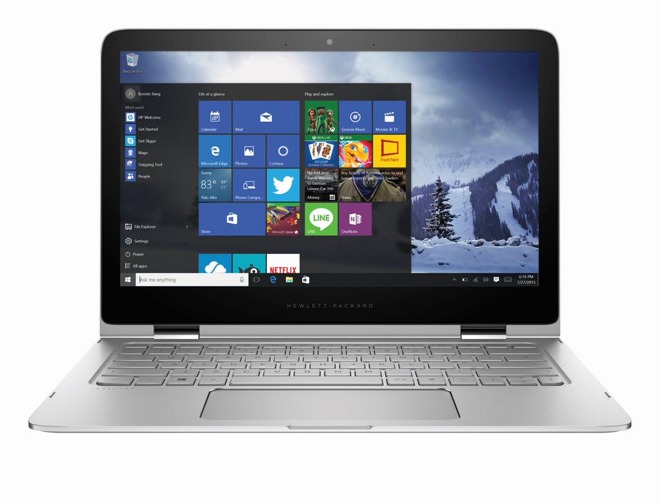Microsoft won't meet its high ambitions of having Windows 10 installed on 1 billion devices by 2018, owing to the decision to scale back its Windows phone business, the company acknowledged on Friday.

The goal is still to hit 1 billion, but that will take longer to reach, Windows marketing head Yusuf Mehdi said in a statement to Bloomberg. Windows 10 is currently installed on over 350 million devices, among them desktops, laptops, tablets, and a handful of phone models.
Microsoft hasn't been able to make much headway in the smartphone market, which is dominated largely by Android products and Apple's iPhone. A $7.2 billion takeover of Nokia's mobile phone unit ultimately proved fruitless -- the feature phone division was sold to Foxconn for $350 million, and the company recently axed almost 2,000 mobile-related jobs while booking a $950 million restructuring charge.
Windows 10 has enjoyed a much better reception in the PC world, but some of that goodwill was lost when users complained about having the upgrade forced on them, and/or about repeated messages asking them to switch. Blowback led Microsoft to change how it delivers the OS.
The company likely had the "1 billion" target in mind, although its overall product strategy benefits from having as many people on the same OS as possible, much in the same way Apple benefits from people being updated to the latest version of iOS or macOS. Some features and services may not work on older software.

